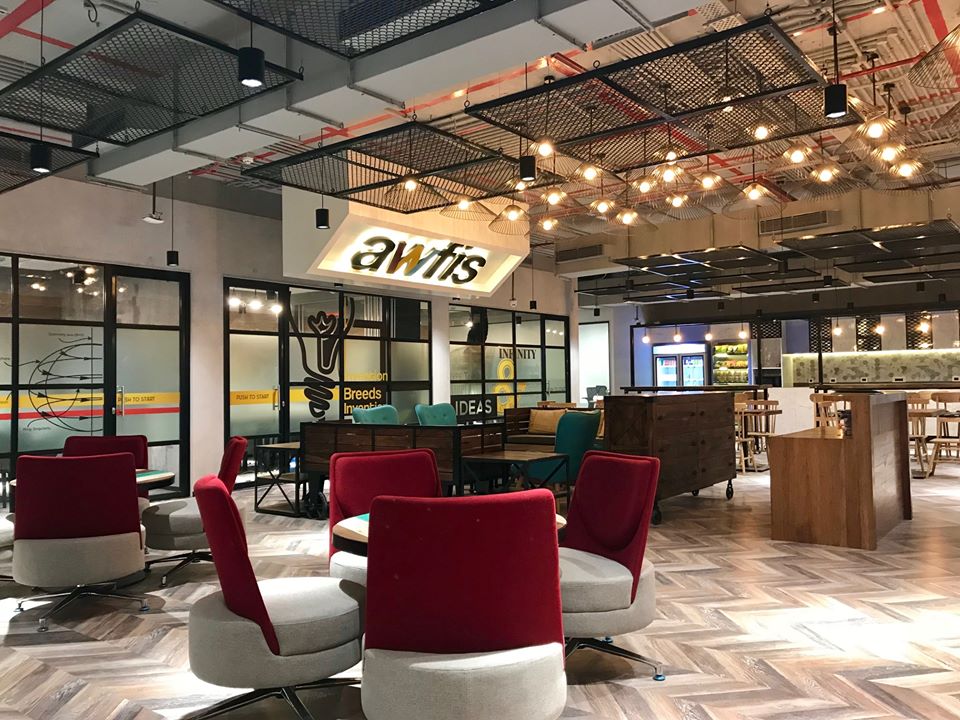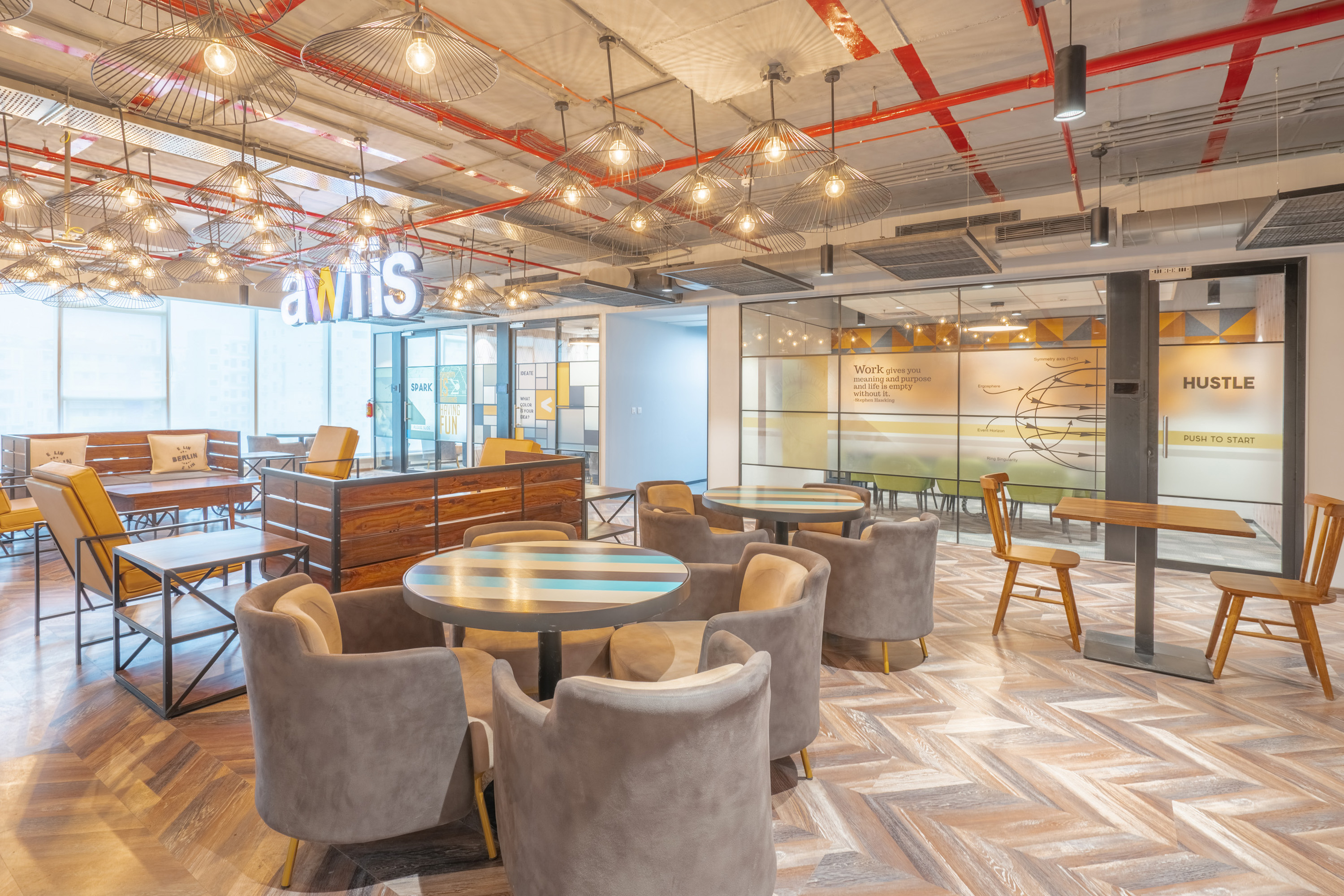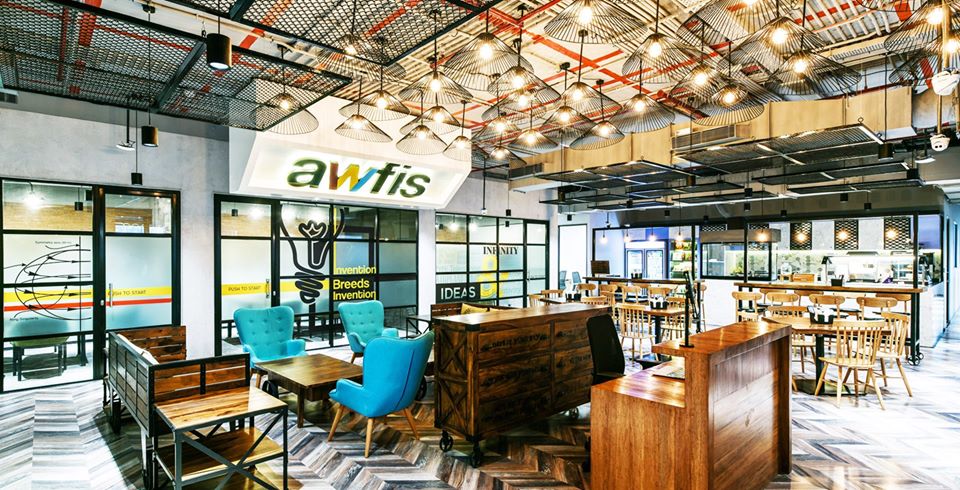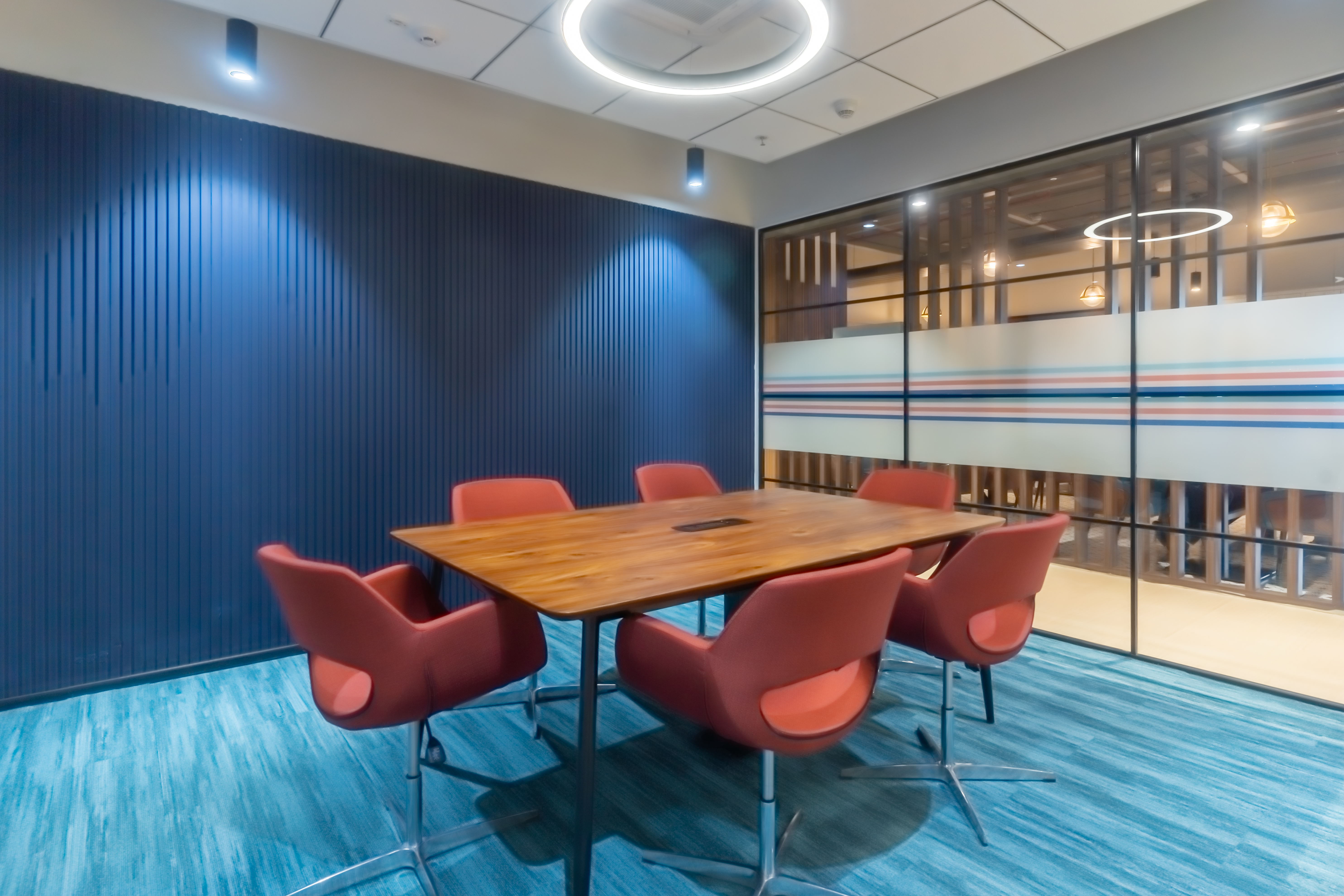Today the concept of an office space is gaining new meaning and purpose. As organisations reopen workplaces after a two-year long hiatus due to the pandemic, the reasons for going to office are beyond just finding a designated space to work. Months of working from home and adopting a hybrid model have redefined the importance of an office space in ways that can potentially transform the way we see workplace in the near future. While there are several benefits of working in person including better collaboration, communication or technological integration, we have narrowed down to three key trends that may change how both employees and organisations look at offices.
A place to socialise: Despite the pandemic having proven for most businesses that remote work is a possibility, companies and employees are increasingly recognising the importance of office space from a much-needed social setting than just a place of work. Bonding and socialising with colleagues that have suffered during the pandemic have emerged as one of the key driving reasons behind people wanting to work from office. A recent study by Microsoft showed that hybrid work has created a disconnect between leaders and employees. It found that 73% of employees need a better reason to be in office than company expectation, and one of the key motivations for working in person was connecting with colleagues. The survey found that 84% of employees would be motivated by “the promise of socializing with co-workers, while 85% would be motivated by rebuilding team bonds.” Recognizing these needs and relooking at the purpose of office space will become crucial as organisations chalk out growth plans and sets employee satisfaction as a priority in the post pandemic world.
Office as a mobile spot: Employees are now seeking for flexibility in terms of how and where they work. Flexible or mobile workplace is finding more relevance in today’s world. According to studies, Indians spend more time commuting to work as compared to people in most countries with two hours of travel on a daily basis. A report by office commute platform MoveInSync had showed that on an average, Indians spend 7% of their day in commuting to office. While the pandemic may have brought some relief, the daily struggle to commute remains a deterrent for most employees to come back to office. As companies try to re adapt to the post Covid world, it is important to recognise this challenge of employees. Organisations are already revaluating the traditional idea of having office at one address where employees gather to work from different locations but rather looking at the strategy of having a cluster of several spots where people can walk in from a convenient distance either from their homes or place of social activity. The idea of hub and spoke model where companies set up flexi offices across multiple locations across cities is gathering momentum as businesses find solutions in trying to bring back employees with less hassle and provide better working experience.
Setting Culture: Culture is most often defined as a set of shared behaviours, beliefs, and values. In an organisation, this is represented by certain values, norms and attitudes that business leaders and employees have inculcated over the years. The bonding and connections that employees establish eventually lead to establishing a culture that is unique to the company. However, remote work may have led to missing some of those softer elements of being in office like personal connection with a colleague, having meaningful discussions with diverse viewpoints in a group or the concept of relationship building with other coworkers. With prolonged duration of working in isolation in the past two years, resetting that organisational culture is more important than ever before.




